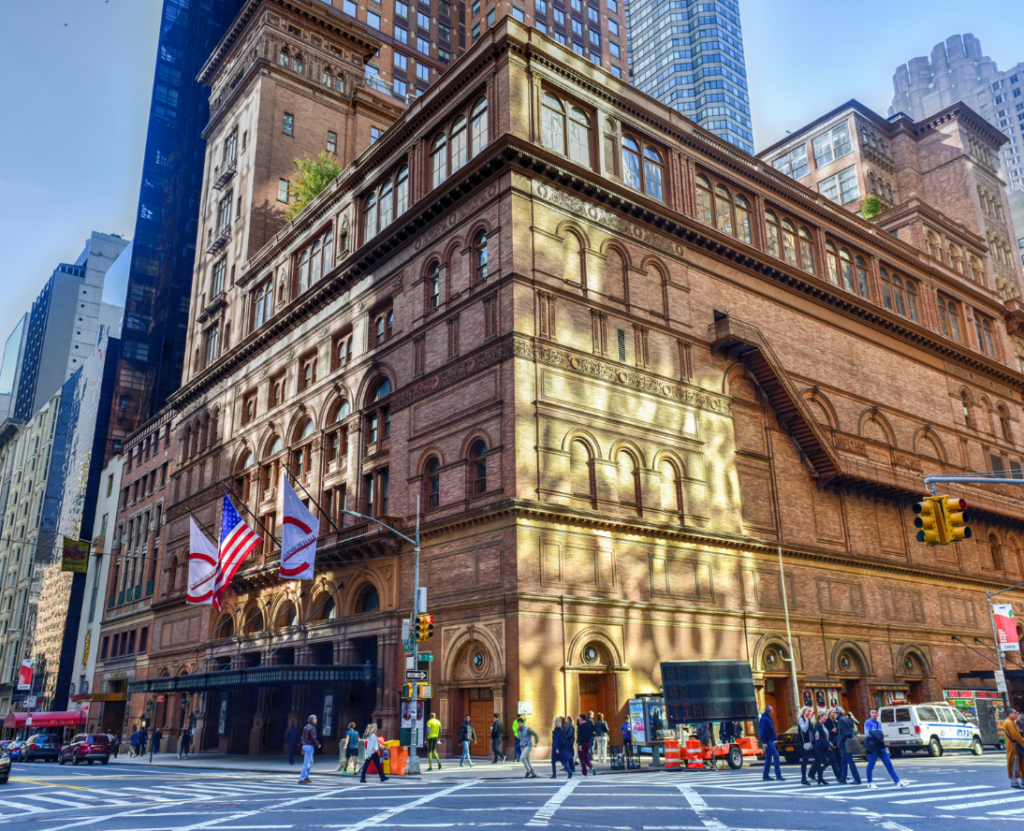Philanthropy & Wealth
Raymond Ashton gives a brief history of philanthropy in the last couple of centuries and outlines the opportunities to the wealthy.

Before looking at the subject in more detail it is appropriate to define the term philanthropy.
A good working definition is: ‘The desire to promote the welfare of others expressed especially by the generous donation of money to good causes and can involve donating time, effort and other forms of altruism’
This is a good starting point for the famous 19th Century philanthropists such as Andrew Carnegie, D Rockefeller and Titus Salt. Subsequent contributions have been made by Alfred Nobel, Bill Gates and many other high-profile people such as Elton John and pop stars who have made substantial contributions to research into Aids and importantly peace.
It is important to remember the origins of philanthropy. While the 19th Century was a period of substantial economic growth and profit, the infrastructure of even advanced economies such as the US and Europe was rudimentary. As a consequence, taxes were low and philanthropy, in its various forms, attempted to fill gaps in the infrastructure. Whilst substantial gifts were made it must not be forgotten the voluntary work, particularly in nursing.
One of the most famous philanthropists of the time was the Scottish-born US entrepreneur Andrew Carnegie (1835-1919). While he made fortunes in making steel and was famous for the investment in the Pullman Car Company, he was also famous for his generosity in setting up public libraries contributing to charity generally and establishing trusts for choirs and universities.
These donations were made to areas not covered by state expenditure and contributed to the greater wellbeing of society.
after the comprehensive Beveridge Report in 1942. Recognition should also be given to the international organisations such as the Red Cross and other benevolent institu-tions whose contributions have never been totally acknowledged. In this context the heroic efforts on behalf of the troops in the Second World War by Eleanor Roosevelt are widely recognised.
In more recent years philanthropy has taken many other forms, such as groups dealing with climate change and notably the war against cancer and Aids. Pop stars have held concerts not only in aid of Aids, but also peace in Northern Ireland and to address the deprivations suffered around the world. This philanthropy has taken a much wider role and has supplemented the efforts of wealthy individuals.
Originally philanthropy was mainly undertaken by wealthy individuals who recognised the wider needs of society e.g. the Andrew Carnegie Hall in New York (and elsewhere) and the orchestras it gave rise to.
These charitable efforts were soon accelerated by economic growth began to cover a much wider range of activities. This greatly accelerated after the Second World War as the role of government became wider. As a result of individual and collective efforts the welfare of society has greatly increased and continues to increase, witness the huge strides in the medical world regarding the treatment of cancer and the provision of aid to stricken economics.
For the wealthy the opportunities are greater than ever. Often the wealthy want to make their own unique contribution to a cause such as the Bill Gates Foundation or nearer home in Guernsey the efforts of Guy Hands and earlier, the benefactor of the Priaulx Library.
Wealthy individuals have asked me not only for the tax breaks available but also the form of organisation they should invest in. While there are various – such as a charitable trust – the least cumbersome I feel is the foundation which provides a more flexible alternative which is often more familiar overseas.
What is clear is that the world is short of philanthropists of all descriptions as there are many areas where there is great need, witness the devastation in Ukraine. It is not the shortage of causes that should concern us but the shortage of philanthropists.


